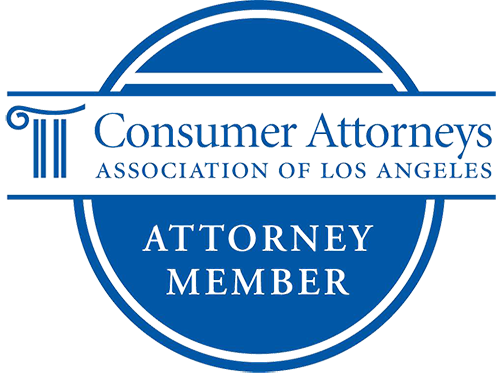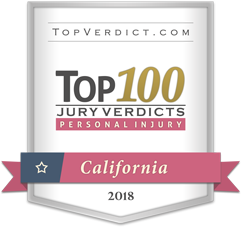Hurt by a rideshare driver? We have recovered millions for our clients.
- Don't Pay Any Fees Unless You Win!
- Over 12+ Years Of Experience
- Millions Recovered For Clients
- Serving All Of California
Free Consultation – No Recovery, No Fee!
$1,625,000
Trip & Fall
$1,610,000
Car Accident
$1,250,000
Bus Accident
$1,000,000
Trip & Fall
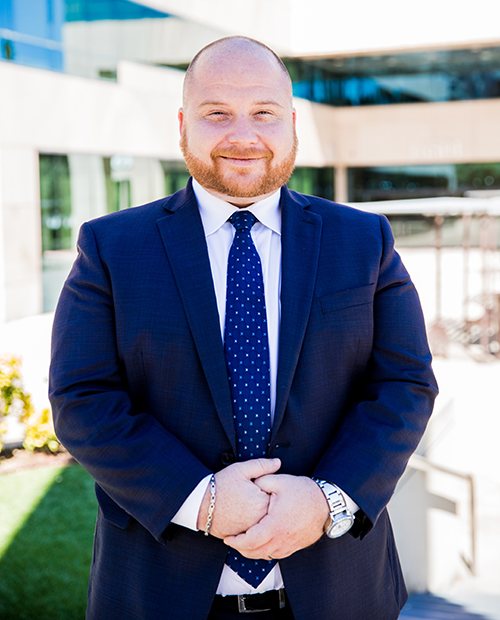
Los Angeles Rideshare Accident Lawyer
At Novik Law Group, we specialize in providing exceptional representation for individuals involved in rideshare accidents in Los Angeles. As a trusted Los Angeles rideshare accident law firm, we have a proven track record of achieving successful outcomes for clients, handling cases involving popular services like Uber and Lyft. Our skilled Los Angeles rideshare accident attorneys meticulously manage every aspect of a case, from collecting vital evidence to negotiating with rideshare companies and their insurers, ensuring our clients receive the justice and compensation they deserve.
How Novik Law Group Can Help You
- Cash Advance On Your Case
- No Upfront Fees Or Retainers
- We Come To You If You Can't Travel
- Recover Your Lost Wages
- Repair Or Replace Your Car
- Get Help With Transportation
or Call (818) 305-6041 now!
Don’t Pay Any Fees Unless You Win!
Real People. Real Results.
We fight to get the best possible result for you.
Don’t just take out word for it – let our results speak for themselves.

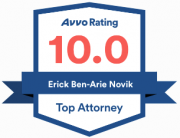




Trip and Fall Accident
Rear-End Collision By Commercial Vehicle
LACMTA Metro Bus Accident
Automobile Collision With Minor Property Damage
Trip and Fall On Unsafe Staircase
The Best Rideshare Accident Lawyers in Los Angeles
How We Build a Strong Case Against Rideshare Companies Like Uber, Lyft, & Waymo
Our team of Los Angeles rideshare accident lawyers has in-depth knowledge of the complexities surrounding rideshare accident claims, including navigating the unique insurance policies and regulations that apply to these cases. Whether the accident involves a rideshare passenger, driver, or another party, our Los Angeles rideshare accident attorneys tailor their strategies to maximize results. Novik Law Group’s unwavering commitment to client success has earned us a reputation as one of the top rideshare accident attorneys in Los Angeles, capable of handling even the most challenging cases with expertise and care.
Client Testimonials






100% FREE CONSULTATION
If you’ve been injured or lost a loved one due to another’s negligence, our team of experienced personal injury lawyers will fight to ensure you receive the compensation you deserve.
No cost consultation.
Please call us today and let us help you.
You don’t pay unless we win.
NOVIK LAW GROUP
A Professional Corporation
16830 Ventura Boulevard, Suite 401, Encino, CA 91436
Phone: (818) 305-6041
NOVIK LAW GROUP
A Professional Corporation
500 S. Sepulveda Blvd., Suite 523, Los Angeles, CA 90049
Phone: (213) 992-9233
NOVIK LAW GROUP
A Professional Corporation
7700 Irvine Center Dr, Irvine, CA 92618
Phone: (909) 800-5922
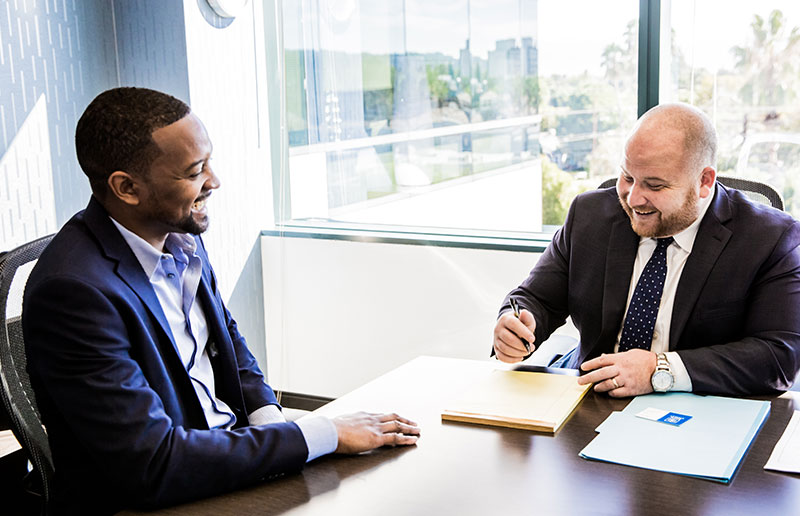
Frequently Asked Questions
Learn more by reading some of the most commonly asked questions we receive at our office.
Insurance Requirements for Rideshare Drivers
California law requires rideshare drivers to have minimum amounts of insurance coverage. Some ridesharing services provide some or all of this coverage for their drivers while signed in to the app. Requirements change depending on what “period” drivers are in – that is, whether they have passengers or not.
- Period 0: When a driver does not have his ridesharing app turned on, he is effectively off the job. The driver’s personal insurance is active during this time but the rideshare company is not involved or liable in any way. A driver in California must have at least $15,000 bodily injury coverage per person, $30,000 bodily injury coverage per accident, and $5,000 property damage coverage per accident.
- Period 1: When a driver’s ridesharing app is on but he has not been paired with a passenger yet. During this time, the driver must have $50,000 bodily injury liability coverage per person, $100,000 bodily injury coverage per accident, and $30,000 property damage coverage per accident.
- Period 2: When a driver’s app is on and he has been paired with a passenger, but the passenger is not yet in the vehicle. During this time, the ridesharing service must carry a $1 million liability insurance policy. This covers the driver, other drivers, and passengers, though the ridesharing driver may have to pay a deductible.
- Period 3: When a passenger is actually inside the ridesharing vehicle. The same coverage is required as during Period 2, with a deductible based on the rideshare service the driver works for.
Due to a recent law passed in California, ridesharing drivers are held to the same blood-alcohol content (BAC) requirements as commercial drivers. A ridesharing driver cannot provide services for passengers if he or she has a BAC over .04%. This means a ridesharing driver will be guilty of driving under the influence of alcohol at a lower BAC level than private drivers.
Other Legal Concerns for Ridesharing
There are some specific legal concerns for ridesharing. Most of these pertain to customers who use them, but even drivers operating as independent contractors should keep them in mind.
Driver Background Checks and Security
Businesses that employ drivers, like taxi companies and bus or limo services, are often held liable for the actions of their drivers if proper security measures are not taken. For example, a bus driver with a history of drinking and driving can be held liable for a collision he causes. But that driver’s employer might also be liable if they failed to screen him and take that history of drunk driving into account before giving him the keys to a massive bus.
Drivers for Uber and Lyft are not actual employees – they are independent contractors who use the service to get matched with passengers. While Uber and Lyft claim to perform some degree of background check on potential drivers, this does not include fingerprinting, so any criminal record a driver has is often missed. Since these drivers do not technically work for Uber or Lyft, the companies try to avoid all liability for their actions.
This has led to a fair amount of opposition to these services in some cities, since anyone using the app should feel comfortable getting in the car of the driver they are paired with. But Uber and Lyft have little in place to prevent a driver with a history of violence or sexual assault from picking people up to give them a ride. Whether these businesses can be held liable for the lack of background checks and security is something yet to be tested in many civil courts, but it is likely to be an issue in the future.
Lack of Wheelchair Accessibility
Public transportation, like buses, are required to offer access for passengers in wheelchairs or with limited mobility. Even though ridesharing services like Uber and Lyft are beginning to replace such transportation in many areas, they are not required to have any kind of wheelchair accessibility. Many disability advocates have been highly critical of this fact, and the lack of accessibility could result in a civil case at some point in the future. After all, at what point does excluding passengers in wheelchairs become discrimination?
Violence Between Rideshare Passengers
Initially, Uber and Lyft provided a simple one-on-one service: a passenger would request a ride, a driver would accept, pick up the passenger, and take him or her to the destination. However, both Uber and Lyft now allow multiple passengers who do not know each other to share a single ride and split the cost. In other words, two or three strangers can end up in a car together on a ride.
While this is not necessarily a bad thing, there is certainly potential for a group of strangers, when alcohol has been consumed, to become violent with each other. If a passenger punches another passenger, and they had no prior contact before getting into the vehicle, who is liable? Is it the passenger who became aggressive? Or does Uber or Lyft share some degree of liability for creating that situation in the first place? If the driver is assaulted by a passenger, where does liability rest?
These issues are complex and largely untested in California’s civil courts. That is why it is so important to have an experienced Los Angeles injury attorney to represent you if you are involved in any kind of accident or assault while riding with a service like Lyft or Uber.


